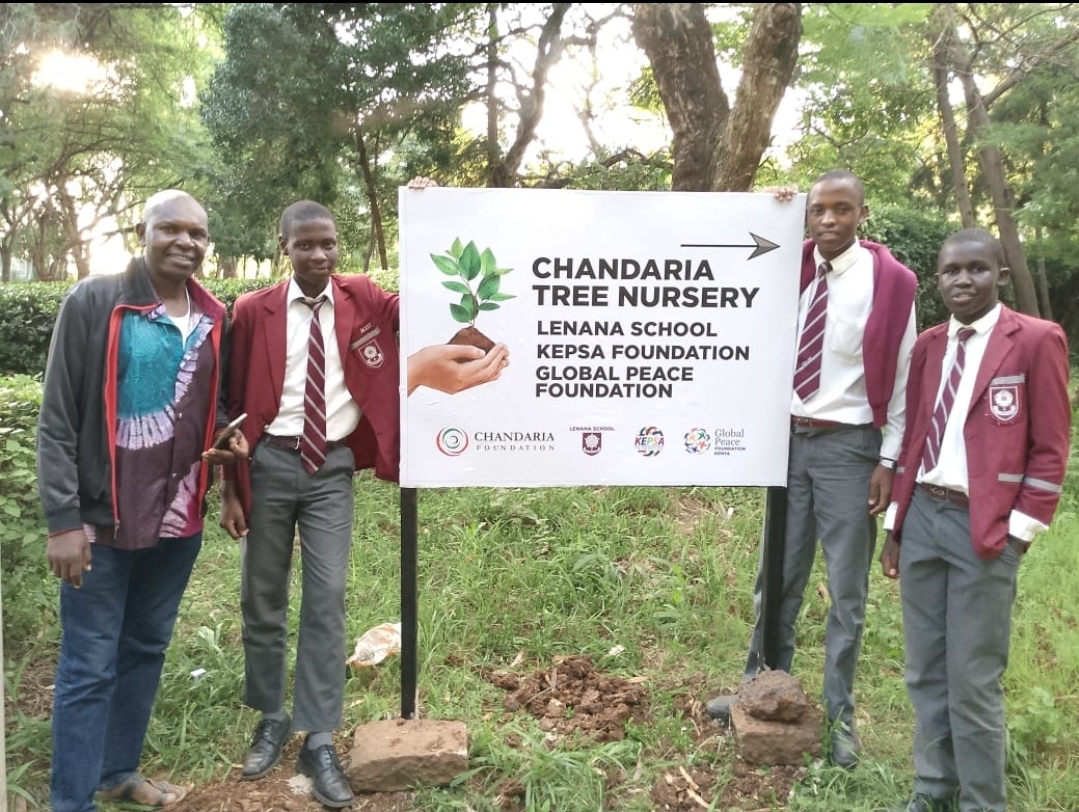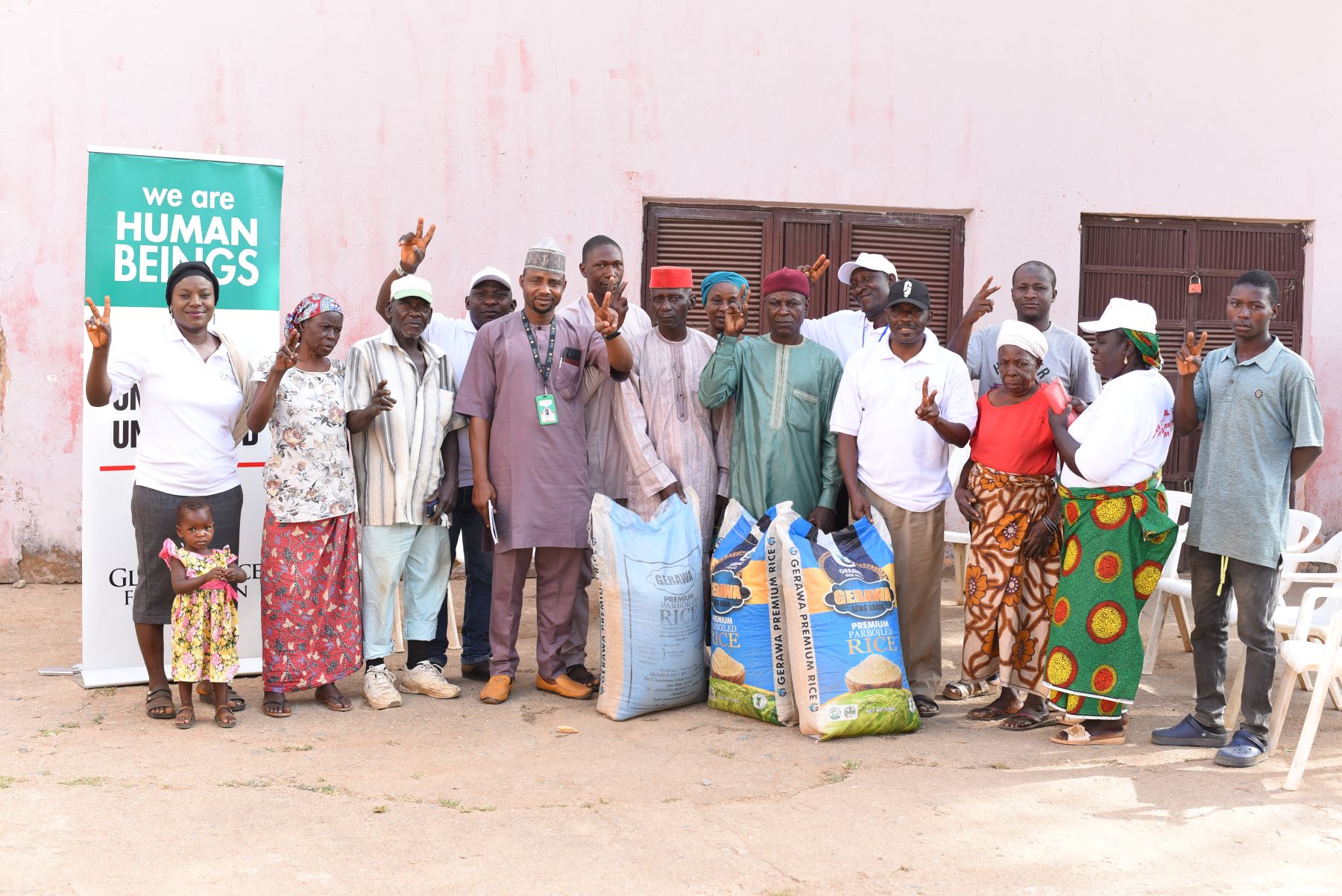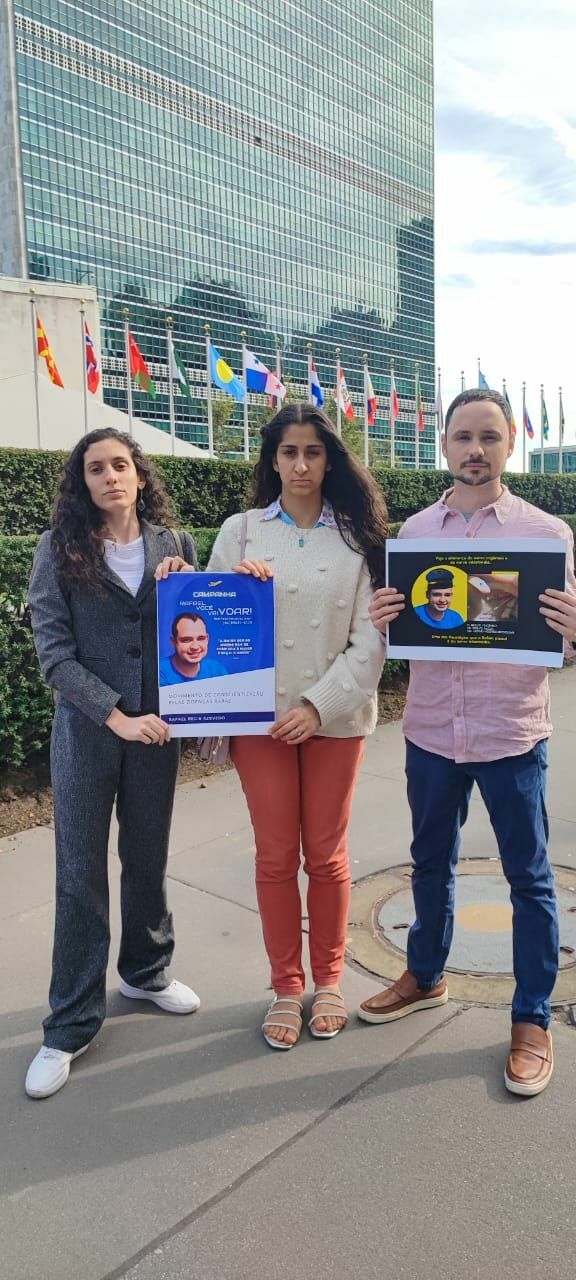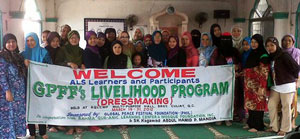
Participants of the GlobALS’s Livilihood and Community Development Workshop.
To enhance entrepreneurial skills and promote livelihoods for community development, GPFF Alternative Learning System (GlobALS) organized a simultaneous Livelihood and Community Development Workshop within its four community learning sites in Metro Manila.
The workshop provided assistance to learners, individually or as a group, who wanted to learn a trade or open up a small business. Learners were taught practical skills to support themselves, their families and eventually their communities through a variety of economic activities, such as Basic Hotel and Restaurant Services; Handicraft Processing; Basic Pattern and Dress Making; Hairdressing and Cosmetology Services; and, Food Processing and Preservation.
The workshops were facilitated by professionals and supported by GPFF-ALS stakeholders. After the sessions on theory and practical applications, learners were able to demonstrate their new skills through activities in which they cooked meals, sewed dresses and crafted fashion accessories and coin purses.
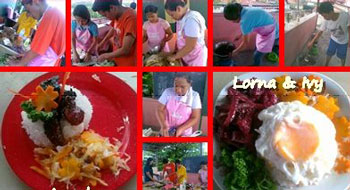
Participants in Malabon City practice food preservation techniques and food preparation. Above right: Muslim women in Quezon City attend the dressmaking session as ALS learners.
“When I first heard about the GlobALS livelihood project, I was doubtful because we thought ALS only focuses on academic sessions,” Amara Gazann, one of the Muslim learners from Quezon City shared during an interview. “When some of the housewives in our area showed very much interest about it, we took the opportunity to learn new skills. We wish to have more livelihood projects from GPFF,” she added.
In Mindanao, continuous practical trainings in trades such as welding and electronic services are also being implemented, as these sessions have become a driving force for the learners to be more active and present in all sessions. Different approaches to teaching to keep up with growing numbers of learners are also being presented to improve academic and livelihood coursework.
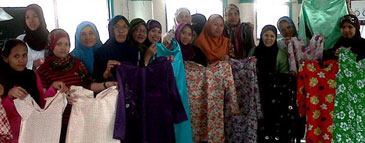
Muslim learners in Quezon City proudly display their machine and hand sewn dresses ready for market-selling.

